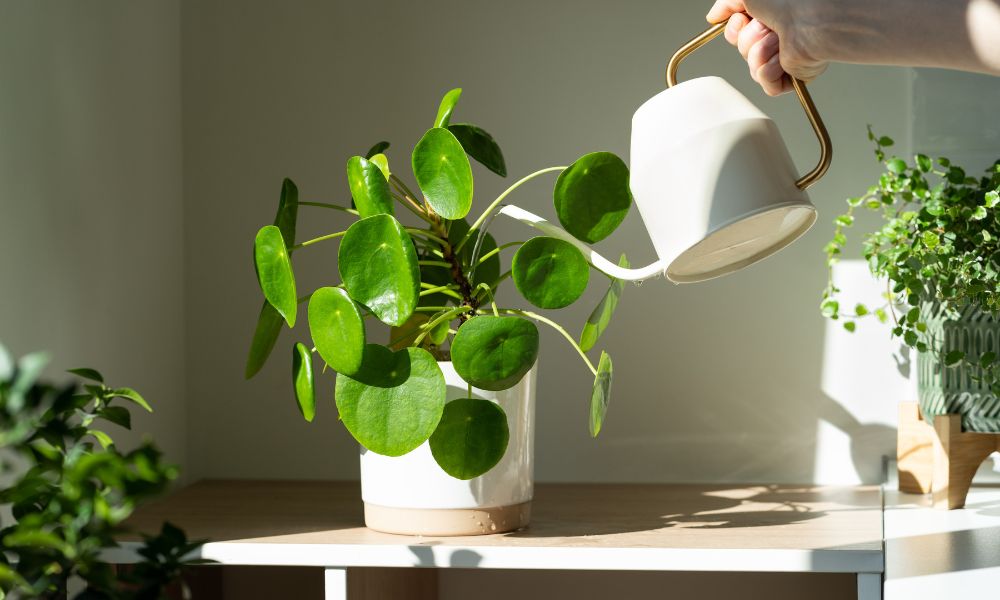
Plants are living organisms that require proper nutrition to thrive, just like humans and animals. While they may not enjoy sweet smoothies or leafy salads like we do, plants have their own unique dietary needs. Below, we’ll dive into what plants eat and explain their strange—and remarkably varied—diet.
Water
Water is the primary component of a plant’s diet. It serves as a medium for nutrient absorption and transportation throughout the plant’s tissues. Through their root systems, plants take up water from the soil, and that water travels through their stems and leaves via specialized tissues called xylem and phloem. Adequate watering is crucial to keep plants hydrated and facilitate nutrient uptake.
Macronutrients
Just like humans need carbohydrates, proteins, and fats, plants require essential macronutrients to grow and develop. These macronutrients include:
Nitrogen (N)
Nitrogen is vital for the production of chlorophyll, the pigment responsible for photosynthesis. It promotes leafy growth and vibrant foliage.
Phosphorus (P)
Phosphorus plays a key role in energy transfer and the development of strong root systems, flowers, and fruits.
Potassium (K)
Potassium helps regulate various physiological processes within plants, including water balance, enzyme activation, and disease resistance.
Calcium (Ca), Magnesium (Mg), and Sulfur (S)
These nutrients are also crucial for healthy plant development, aiding in cell structure, enzyme activation, and nutrient absorption.
Micronutrients
In addition to macronutrients, plants require small amounts of micronutrients, also known as trace elements. These include iron, manganese, zinc, copper, boron, molybdenum, and chlorine. Despite their minimal quantities, these micronutrients are essential for enzyme activity, photosynthesis, and overall plant health.
Organic Matter
Plants also benefit from organic matter, which provides them with additional nutrients, improves soil structure, and enhances water retention. Compost, well-rotted manure, and organic fertilizers are excellent sources of organic matter that can be incorporated into the soil to nourish plants.
Plant Food
It can be a struggle for indoor plants to meet their nutritional requirements. This is because potting soil, unlike outdoor soil, doesn’t replenish lost nutrients over time. Indoor plants, as a result, will get fewer nutrients as their soil becomes barren.
Using indoor plant food can help make up for the nutrients indoor plants aren’t getting from their soil. Indoor plant food specifically formulated for houseplants provides a balanced blend of macronutrients, micronutrients, and trace elements. These fertilizers deliver the essential nutrients in appropriate ratios, promoting healthy growth, vibrant foliage, and robust flowering.
Understanding what plants eat doesn’t just give you a fun bit of information to tuck away for trivia parties; knowing the plant diet can also help you if you decide to grow your own plants. By providing your plants with water, macronutrients, micronutrients, and organic matter, you can help them meet their nutritional needs and thrive.





